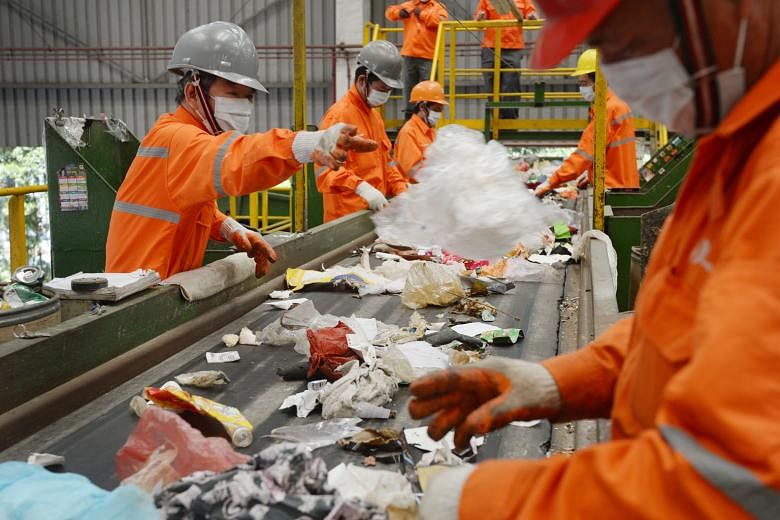Tomorrow marks the inaugural Global Recycling Day, an occasion that offers an opportunity to look at the complexities and challenges involved in making the best use of the world's resources.
Global Recycling Day is an initiative of the Bureau of International Recycling (BIR), an industry association representing over 700 companies from the private sector and 40 national trade federations from 70 different countries.
Already a subscriber? Log in
Read the full story and more at $9.90/month
Get exclusive reports and insights with more than 500 subscriber-only articles every month
ST One Digital
$9.90/month
No contract
ST app access on 1 mobile device
Unlock these benefits
All subscriber-only content on ST app and straitstimes.com
Easy access any time via ST app on 1 mobile device
E-paper with 2-week archive so you won't miss out on content that matters to you

